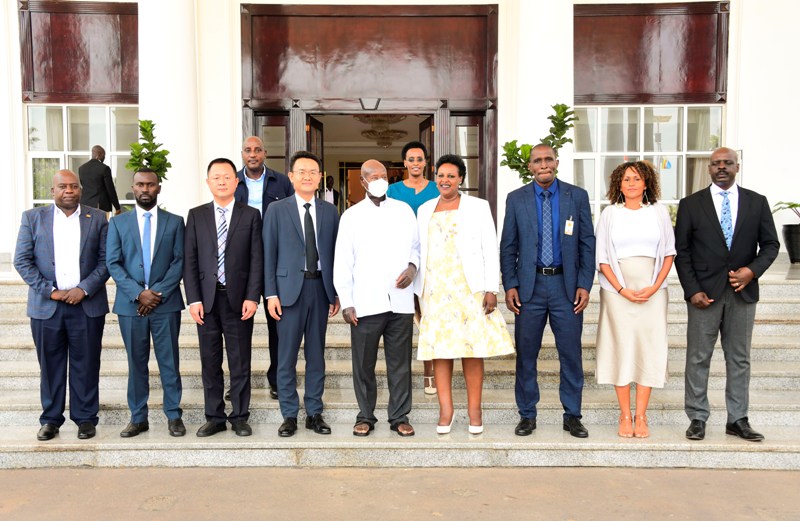Internet price cuts to benefit government offices
The National Information Technology Authority Uganda (NITA-U) has cut the internet price for government offices from $70 per Mbps to $35 per Mbps per month.

The National Information Technology Authority Uganda (NITA-U) has cut the internet price for government offices from $70 per Mbps to $35 per Mbps per month.
NITA Uganda is an autonomous statutory body established under the NITA-U Act 2009 to coordinate and regulate information technology services in Uganda.
Dr Chris Baryomunsi, the Minister of ICT and National Guidance, told journalists at Uganda Media Centre that the reduction of these costs is to promote the use of digital services.
It will also increase digital inclusion of vulnerable groups, he said, adding that such achievement solidifies government’s position as the undisputed market leader in setting internet prices.
“We have been working hard to consistently lower the cost of internet bandwidth in Uganda, especially for government institutions since they provide onward services for ordinary Ugandans and the private sector.
“It has been a struggle to achieve what we have done over the years, but we are happy that we have maintained our plans with consistency, and we know our MDAs are even more happy about this,” said Dr Baryomunsi said.
Dr Baryomunsi said NITA Uganda remains committed to digitizing Uganda by reducing the cost of internet connectivity which is a significant barrier in encouraging the use of Internet across the country.
“This effort has been deliberate and we are happy to have led the industry in reducing the cost of connectivity to Government offices by over 84% since 2010 when 1Mbps cost a government office $1200 to the current cost of $35 for 1Mbps,” he said.
According to Dr Hatwib Mugasa, the NITA Ugand Executive Director, explained that this reduction in internet costs has been attributed to the use of the National Backbone Infrastructure as a secure high speed network.
“At NITA-U we’ve been working hard to consistently lower the cost of internet bandwidth in Uganda especially for government institutions since they provide onward services to ordinary citizens and the private sector. We are happy that we have maintained our long-term plans to lower bandwidth prices,” Dr. Mugasa said.
Dr. Mugasa says some regions have however haven’t received internet, due to inadequate funding and absence of other line infrastructure such as electricity.
Despite this, with over 2,400km of fibre laid across Uganda, a number of towns have been connected, these include Kampala, Entebbe, Mukono, Jinja, Bombo, Busia, Tororo, Mbale, among others.
The NITA-U Executive Director said the National Backbone now extends to all regions of the country spanning 4,300km extending connectivity to around 1466 government offices, 53 districts and nine border points.







